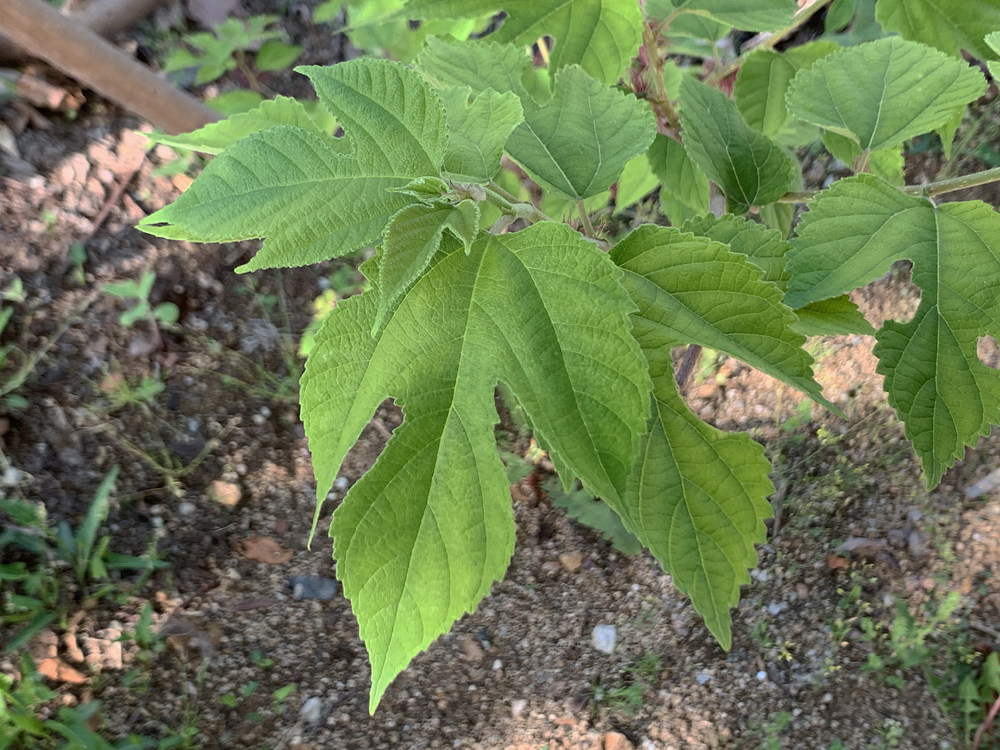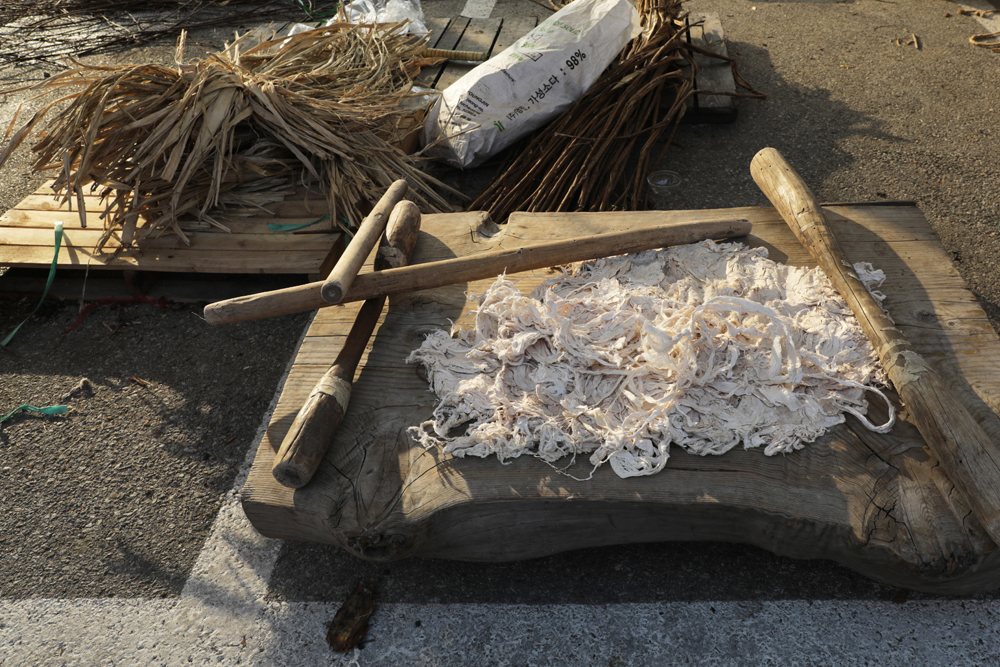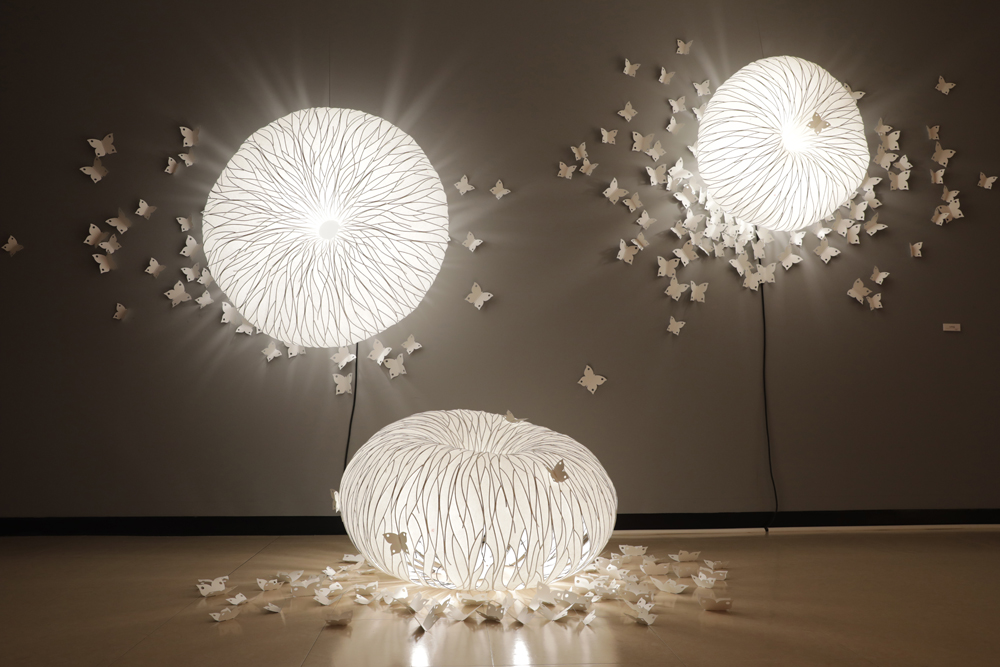Wonju Hanji factory's heyday and decline
Hanji factories in Yongam-ri, Buron-myeon, Panbu-myeon, Seogok-ri, Dangu-dong used to prosper about 20 to 30 years ago.
In 1973, Wonju Hanji society was organized, and in 1975, the late Kim Yeong Eon(master of Hanji) was exported to Japan. In 1985, monk YoungDam reproduced 7 to 8 traditional Hanji types and supplied the second volume of "Anthology of Great Buddhist Priests' Zen Teachings" possessed in Bibliotheque Nationale de France and Wang-o-chun-chuck-guk-jeon's hanji back to Wonju.
Since the 1970s, as western paper using pulp as raw materials, produced by a mass production assembly line was imported, the demand for Hanji fell sharply. Nevertheless, the need for the handmade paper was still in the market. In fact, there were 15 hanji factories near Wonju Dangu-dong by 1991, but it declined rapidly in the late 1990s. Only two hanji factories remain near Wusan-dong nowadays.



